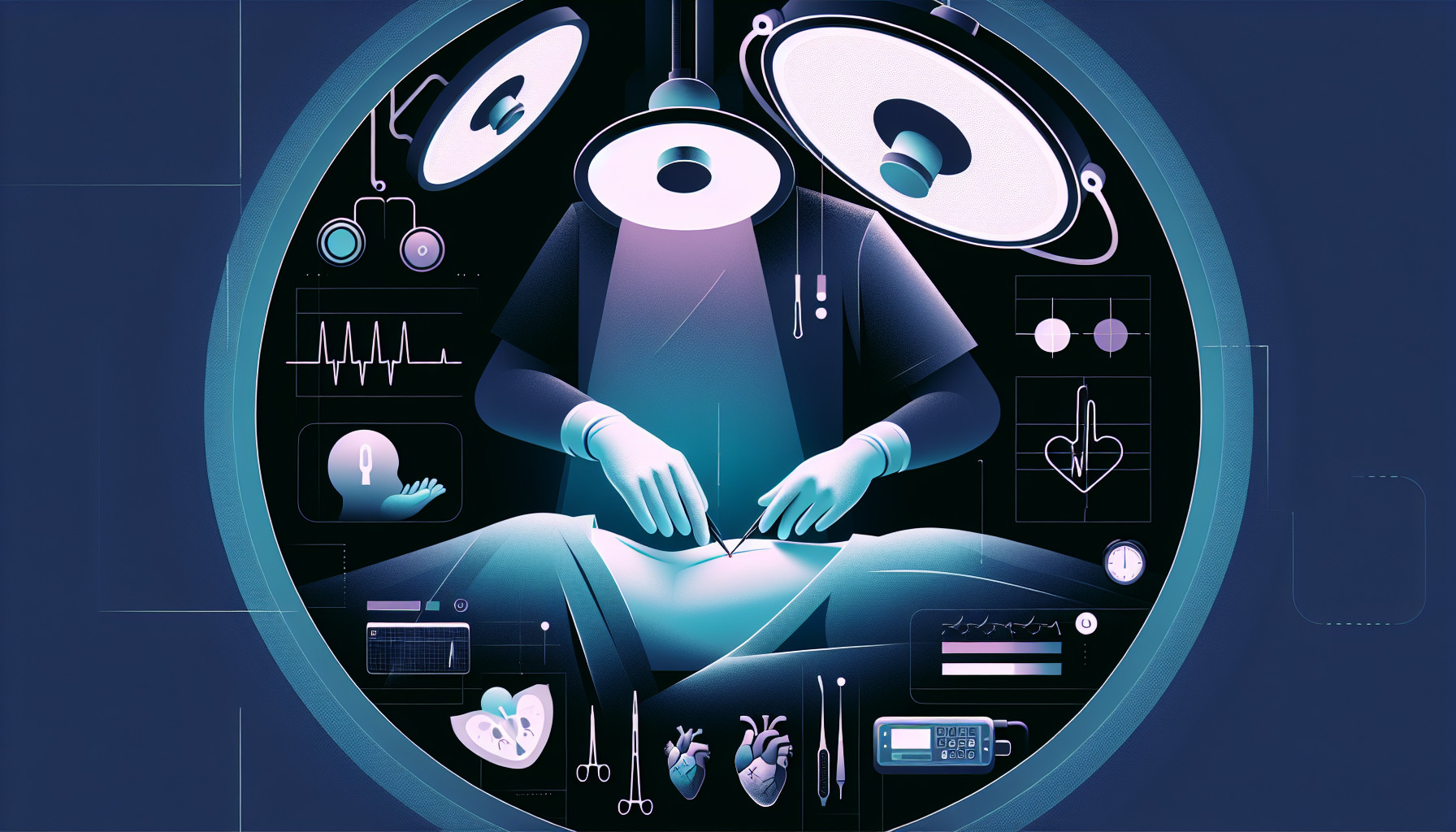Our Summary
This study looked at the outcomes of a specific type of breast cancer surgery (modified radical mastectomy) performed on 87 patients, some of whom were male and most of whom were between the ages of 30-49. They found that about 17% of these patients experienced a build-up of fluid (seroma) after the surgery, which was more common in those with diabetes and in those who had received chemotherapy before the surgery. About 15% of patients had an infection at the surgical site, which was more common in those with retroviral infections and in those who had received chemotherapy before the surgery. The rate of infections was higher than in previous studies, while the rate of seroma was lower. No patients died while in the hospital. The study concludes that chemotherapy before surgery increases the risks of seroma and infection, diabetes increases the risk of seroma, and retroviral infections increase the risk of surgical site infections.
FAQs
- What percentage of patients experienced a build-up of fluid after a modified radical mastectomy?
- What factors increase the risk of seroma and infection after a modified radical mastectomy?
- Were there any fatalities among the patients who underwent a modified radical mastectomy in this study?
Doctor’s Tip
One helpful tip a doctor might give a patient undergoing a radical mastectomy is to closely monitor for any signs of infection at the surgical site, especially if they have diabetes or have received chemotherapy before the surgery. It is important to follow post-operative care instructions carefully to reduce the risk of complications such as seroma or infection. Additionally, patients should communicate any concerns or symptoms to their healthcare provider promptly.
Suitable For
Patients who are typically recommended radical mastectomy include those with:
- Large tumors in the breast
- Invasive breast cancer that has spread to surrounding tissues
- Inflammatory breast cancer
- Recurrent breast cancer
- Patients who have a genetic mutation that increases their risk of breast cancer (such as BRCA1 or BRCA2)
- Patients who are not candidates for breast-conserving surgery due to the size or location of the tumor
It is important for patients to discuss their individual situation with their healthcare provider to determine the best treatment option for their specific type of breast cancer.
Timeline
Before radical mastectomy:
- Patient is diagnosed with breast cancer and undergoes various tests to determine the extent of the cancer.
- Patient discusses treatment options with their healthcare team, including the possibility of undergoing a radical mastectomy.
- Patient undergoes pre-operative consultations and preparations, including discussions about potential risks and complications of the surgery.
- Patient undergoes the radical mastectomy surgery, which involves the removal of the entire breast, underlying chest muscles, and lymph nodes in the armpit.
After radical mastectomy:
- Patient may experience pain, swelling, and discomfort in the chest area following the surgery.
- Patient may require drainage tubes to help remove excess fluid and prevent seroma formation.
- Patient may need to undergo physical therapy and rehabilitation to regain strength and mobility in the affected arm and shoulder.
- Patient may undergo additional treatments such as chemotherapy, radiation therapy, or hormone therapy to further treat the cancer.
- Patient will have regular follow-up appointments with their healthcare team to monitor their recovery and overall health.
What to Ask Your Doctor
- What is the difference between a radical mastectomy and a modified radical mastectomy?
- What are the potential risks and complications associated with a radical mastectomy?
- How will a radical mastectomy impact my daily activities and quality of life?
- What are the chances of developing complications such as seroma or infection after the surgery?
- How can I reduce my risk of developing complications following a radical mastectomy?
- Are there any long-term effects or potential complications I should be aware of?
- How will a radical mastectomy affect my chances of breast cancer recurrence?
- Will I need additional treatments such as chemotherapy or radiation therapy after the surgery?
- What is the recovery process like after a radical mastectomy?
- Are there any support resources available to help me cope with the emotional and physical challenges of undergoing a radical mastectomy?
Reference
Authors: Bawoke G, Kejela S, Alemayehu A, Bogale GT. Journal: BMC Surg. 2021 Oct 20;21(1):371. doi: 10.1186/s12893-021-01374-1. PMID: 34670543
